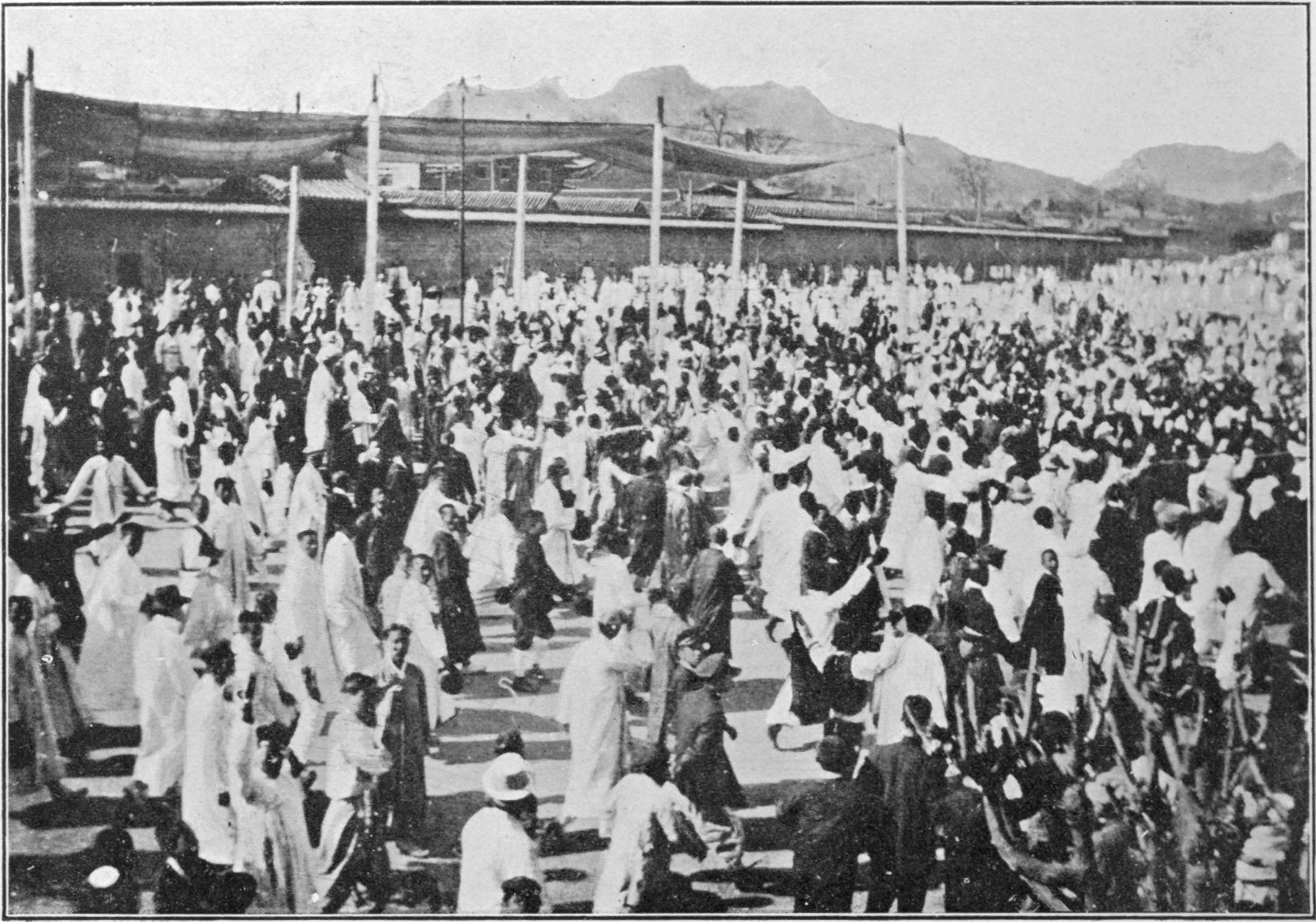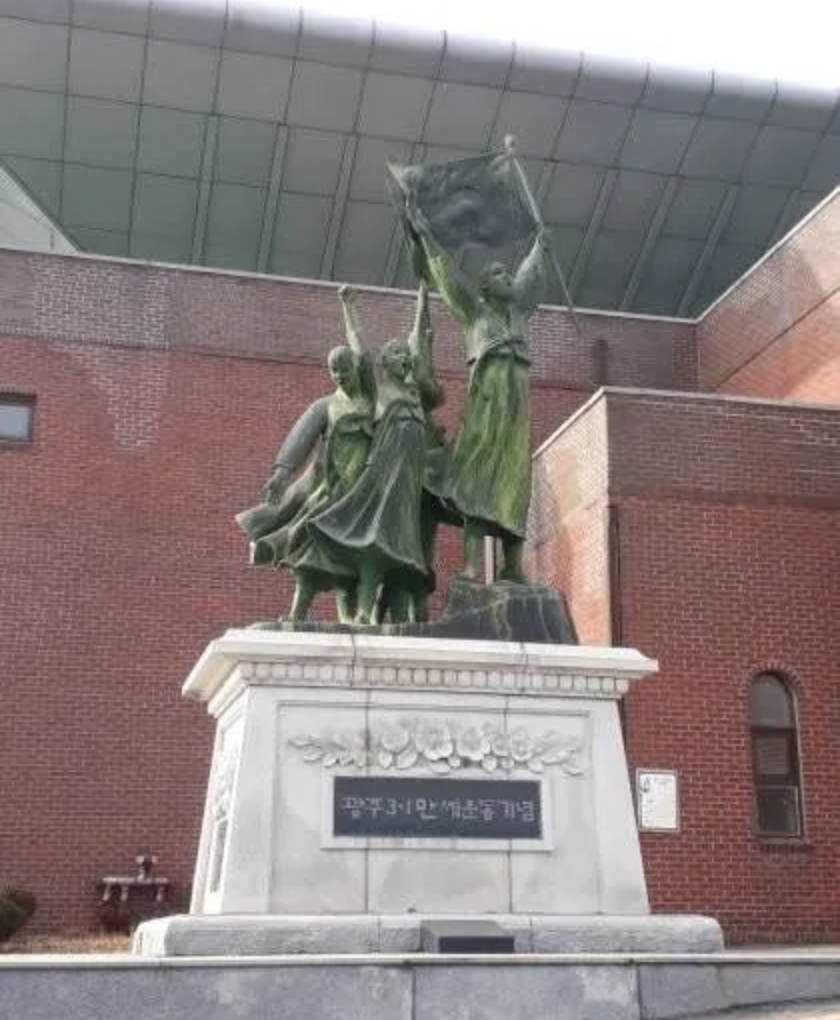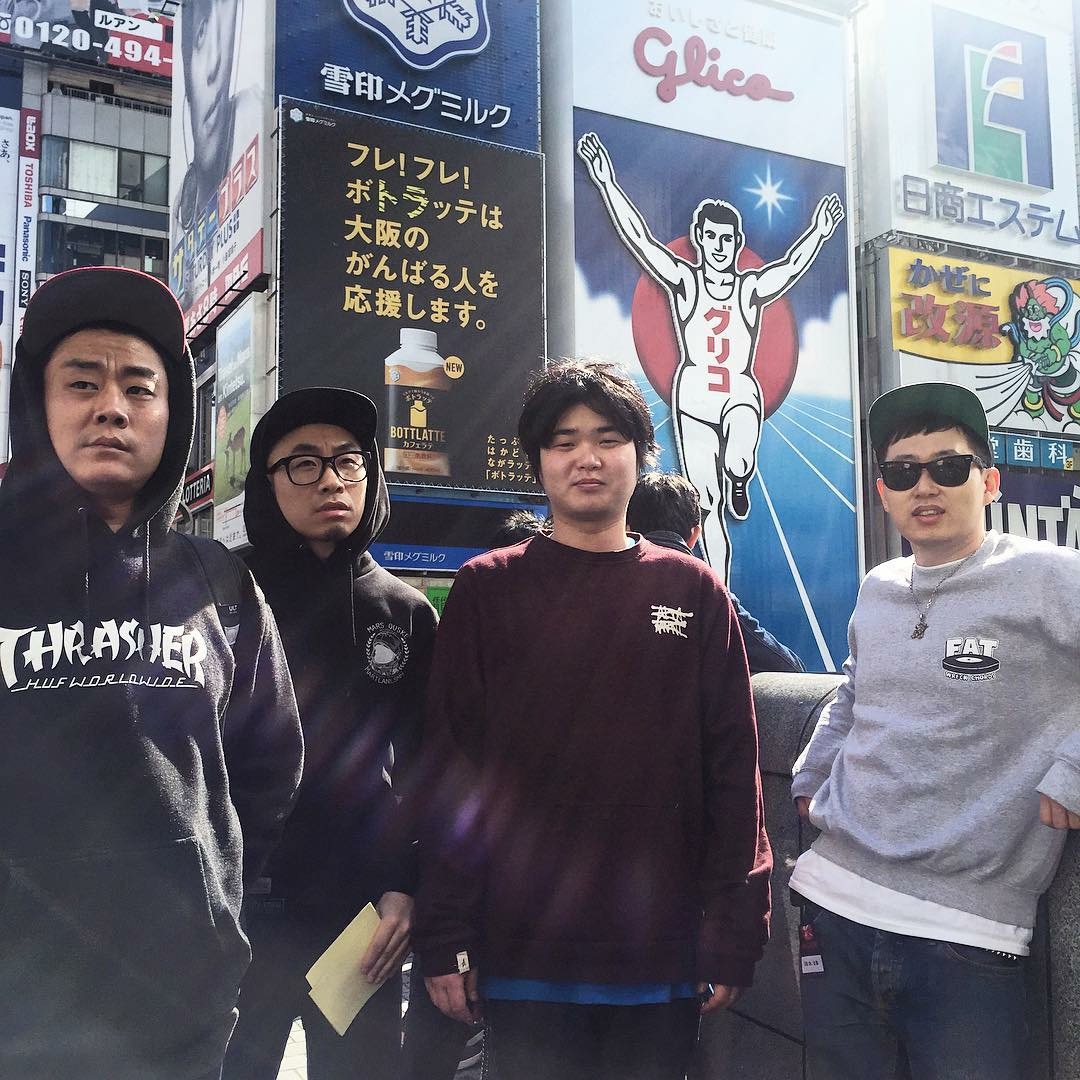The Lady Comes To Gwangju
In the turbulent year of 1962, after only a quarter-century stint of independence from British colonization, the country of Burma had its leadership usurped by the native army in an infamous coup d’état. Since that time, the second-largest Southeast Asian nation has been ruled by a military junta notorious for its neglect of the most basic human rights.
Succored by colonial masters, a turbulent home-rule wrested away from the populace by brutal dictators —up until this point, one might see reflections of South Korea. However, where the principle rights and freedoms Koreans now enjoy are somewhat old news, the country of Burma, now known officially as Myanmar, has yet to find its own happy ending.
As with any struggle, this one has produced great leaders. Aung San Suu Kyi, the daughter of Aung San (often called the father of modern Burma), who originally negotiated the country’s independence, has been a central figure for decades in the Burmese fight for democracy, and she still has a hard campaign ahead before her nation can be free.
It was a proud moment for the citizens of Gwangju then, when Suu Kyi recently paid a visit to our city, so renowned for its own rattling at the chains of oppression, in order to accept the May 18th Gwangju Prize for Human Rights awarded by the May 18 Memorial Foundation. Interestingly, this accolade was originally awarded to her almost a decade ago (during this time she was nominated for many other awards, most notably the Nobel Peace Prize in 1991). She was unable to accept our award, along with her other decorations, due to spending over 15 of the last 20 years under house arrest.
To prepare for the arrival of “The Lady,” as she is lovingly called, Gwangju News made contact with one of her most devout followers residing on Korean soil, who agreed to an interview on the eve of Suu Kyi’s appearance. Our meeting was facilitated by the thoughtful and generous Kim Won-jong, who works at the Gwangju Government Human Rights Office.
Nay Tun Naing is the chairperson for the Korean branch of the party that Suu Kyi started, theNational League for Democracy (Liberated Area). The “Liberated Area” refers to the fact that he lives and works in a free country — something that Burmese residents do not do. He sat with us for an hour, to talk about his past struggles and future hopes, and to share our mutual excitement at Suu Kyi’s arrival in Gwangju.
“In 1988 I was a senior in university studying psychology. The date was August 8, 1988, a very [auspicious] date: 8-8-8-8 [was when] our student leaders decided it was time for an uprising.” He described his involvement and role in the well-known “8888 Uprising,” which mirrors the Gwangju uprising to an uncanny degree: the two clashes were only eight years apart, both led by students and both suppressed by military violence.
Then, the stories split. Whereas the Gwangju uprising was eventually followed by more democratic leadership, the 8888 Uprising is just another episode in the Junta’s long and ongoing history of brutal oppression towards its populace. After being locked up in a jail for three months in the wake of the uprising (most of his friends received imprisonment for five years), Nay Tun Naing was fortunate to be released. He would go on to support Suu Kyi, under increasing danger, through the election of 1990, in which the NLD and Suu Kyi won 82 percent of the votes. The celebration was followed by a sobering dose of reality; it was an empty victory. Despite international pressure from the U.N., the Junta refused to relinquish power, and in 1991, Suu Kyi’s party was outlawed.
“It was unbelievable…unbelievable…” Tun Naing said, the memory still leaving him nearly speechless.
He wasn’t sure what to do next. Facing up to seven years in jail were he to be arrested a second time, his father counseled him to flee the country. “During this time half of the students in my class disappeared, he said. Tun Naing speculated. Were they in political prison? Or had they been secret agents sent by the Junta to spy? He only knew he was playing a deadly game he would inevitably lose.
Free thinkers started to flee the country in droves, students in particular, across the Thai border or the Chinese border — anywhere and any way they could escape persecution from the Junta.
“They just couldn’t face the military with peaceful means. There was an underground movement started.”
While many other students would be offered asylum by Western countries sympathetic to their struggle, Tun Naing decided his place was still in Asia. He already knew about Korea, as he had followed the events of the Gwangju Massacre and was a fan of Gwangju’s own Kim Dae-jung.
“I wanted to know why Korea was successful [in the fight for democracy] while Burma failed,” he said.
And here in Korea he has remained to ponder that question for almost two decades, living outside of Seoul and fighting the good fight. He canvases on the streets outside of his NLD headquarters. But, he says, people in Korea have not always been so understanding.
“We didn’t get as much support from Koreans as we had hoped. I mean not only politically, but also financially. Some Koreans ask what we are doing and where we come from. We try to explain to them. They ask me, ‘If you want to help your country, why don’t you go back?’ They say, ‘You must go back to your home country.’ Their opinion is not wrong, but also not right. They… have forgotten their own experience.”
Though he has respect for his home away from home, Tun Naing looks ahead to one day returning to the land of his birth, so that he can make change from within. These days he’s hopeful, as the release of Suu Kyi and her winning of a seat in Myanmar’s parliament shed new optimism on the country’s future.
“I believe we will have the chance to go back legally. We want to go back to our motherland. I don’t have any reason to stay in Korea.”
With his words still reverberating, the Gwangju News team prepared to meet “The Lady.”
The Kimdaejung Convention Center hosted her visit, a place more than appropriate for such an affair, considering that Suu Kyi has often been likened to Kim. The conference room was filled with an assortment of audience members: politicians, media, school children and Buddhist monks in full ceremonial garb. At the mayor’s table, advisors chatted over the din as everyone waited for the woman to appear.
Suu Kyi maintained a reserved energy, giving her youth and spirit, despite being the bearer of the often-broken hopes of an entire nation. However troubled her past, she imparted an impression of being sure in the midst of struggle.Years of house arrest most likely taught her patience and self-sufficiency, a reliance of a quiet hope that few know, and her noticeable, graceful strength could be plainly seen.
The ceremonies began with a display of traditional Korean culture. Native-clad dancers flitted across the stage singing about the strength of Gwangju. The song, titled “Gwangju is the Light” was chosen to highlight the struggles of Gwangju, with the unspoken insinuation that the two countries, Korea and Burma, are kindred spirits.
Following the opening performance, it was time for the distinguished Mayor Kang Un-tae to give a welcoming speech to the guest of honor. The esteemed Mayor Kang provided information about the history of Burma and the ways in which its hard battle for democracy mirrors the struggles overcome by Korea. Both had military regimes that oppressed the populace. The difference, he said, is that democracy has come to Gwangju, while Burma still has a long way to go.
Kang compared Suu Kyi to a Japanese Honeysuckle, in the same way that the famous son of Gwangju, Kim Dae-jung, was often compared to the same flower. Even in the winter time, this honeysuckle blossoms out in the cold air. The mayor poetically likened this icy bloom to Suu Kyi’s careful nurturing of the flower of democracy.
The 2004, May 18th Human Rights Award, as quoted on their webpage, is intended for“individuals, groups or institutions in Korea and abroad that have contributed in promoting and advancing human rights, democracy and peace through their work.”
It was with great flourish, and many photo ops, that the committee members (most being the same members from the 2004 committee that originally gave Suu Kyi the award) handed her the placard, which comprised the actual accolade, along with an honorary Gwangju citizenship.
Then it was time for her acceptance speech. The red recording lights of film cameras wimbled from the crowd like stars, and the clink of coffee cups went silent, when Suu Kyi delivered her acceptance speech in English.
She thanked everyone for the warm welcome to Korea and explained her situation in Burma. She talked about her great responsibility to her people, the need to “achieve for our people the peace they so desire.” She added, “We are not on this earth just for our own happiness, but we are linked by the common aspirations of humanity, peace and security. What we want is a world that is a sanctuary for all living beings.”
Suu Kyi didn’t stay for long in Korea, and after a few other brief appearances, she returned home. However, here on Korean soil, the dream of Burmese liberation still grows within Tun Naing.
From Suu Kyi, may the residents of Gwangju remember the struggle of our own city’s independence, with its terror and pain experienced, as we consider the horror still affecting the people of Burma.
In 2015, Burma will hold another election, and political analysts and far-flung refugees alike project that the current Junta leaders will step down. But the country’s fate has yet to be officially determined. What is sure is that many people will continue to follow Aung San Suu Kyi in the fight for democracy.





